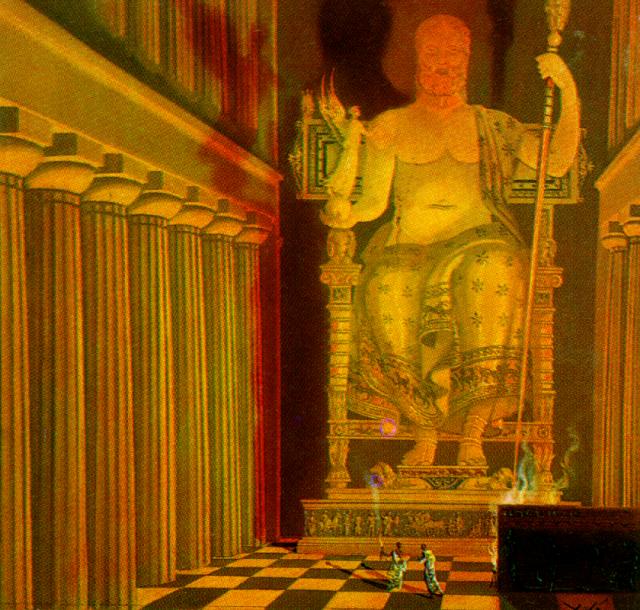In his recent posting on Classical Inquiries, Gregory Nagy focuses on the Homeric expression Dios boulē, which has has translated at times as ‘the Will of Zeus’ and at other times ‘the Plan of Zeus’. Nagy explains the variation in his translation:
I see no contradiction here, since I have always understood the Will of Zeus to be the functional equivalent of the plot that gives shape to any given epic, and that is how the Will of Zeus can be understood to be the same thing as the Plan of Zeus. But there was still a specific reason for my switching my translation in the two books I just mentioned, and that was because I needed to concentrate on the differences in plot that we see at work in two different epics, that is, in the Homeric Iliad and in the Cypria of the epic Cycle. In terms of equating the plot of an epic with the Plan of Zeus, we see here two different plots corresponding to two different Plans of Zeus. But is the difference here mutually contradictory? We may be tempted to answer “yes,” guessing that any mutual contradictions in constructing the plots of different epics may be not all that much of a problem for different poets, but I will argue that such a guess underestimates the theological importance of the Will of Zeus as an idea that fueled the very essence of epic in Homeric poetry and beyond.
Continue reading the posting of 2016.05.26 on Classical Inquiries.

